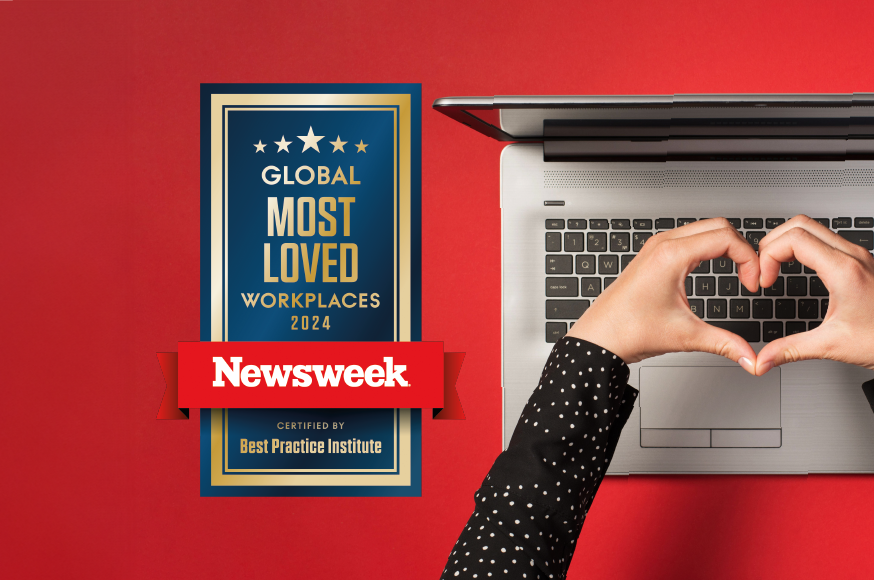Winston Churchill is one of the most iconic figures in history, leading Britain to victory in World War II and then becoming prime minister again between 1951 and 1955.
But one thing experts weren't expecting was for him to be so prominent in British discussions around Black Lives Matter (BLM) protests.
In a BLM demonstration in London, a protester spraypainted "was a racist" underneath the Churchill name and statue, crossing the former prime minister's name out.
"Why attack Churchill?" current U.K. Prime Minister Boris Johnson wrote in The Daily Telegraph.
"What has the world come to when one of this country's greatest ever leaders—perhaps our greatest—has to be shielded from the wrath of the mob?"
It became a lightning rod for discussion, for arguments and for politicians and campaigners to condemn the protests.
How has Winston Churchill, a dead, white, privileged man, become part of the debate about present-day racial inequality and grabbed many headlines above Black Lives Matter campaigners?
"The discussion around the statues is a deliberate attempt by the far-right and, more importantly, by the government, to discredit the Black Lives Matter movement," Dr. Shola Mos-Shogbamimu, lawyer, political and women's rights activist, tells Newsweek.

"For the Black Lives Matter protests and the protesters, this wasn't centered on the statue or on Churchill. The core reason for the protest is for an end to oppressive racism.
"With Churchill, he was leader at a time when Britain needed a leader and nobody can ever take that away from him but you cannot talk about his life without also talking about the fact that he was a racist.
"I grew up understanding Churchill as one of those leaders who stood up to Adolf Hitler. It's only when I grew older when I read some of the things he said and the decisions he made with his power, influence and platform that I understood he was a racist. He wasn't either a great leader or a racist, he was both."
Historians argue from both sides that either Churchill was or was not racist, with nearly all agreeing that many of his views would not be acceptable today.
"Churchill was quite explicit that he did believe that white people were superior," Prof Richard Toye, head of history at the University of Exeter, has said.
"He said he disliked Chinese people, he described Indians as a beastly people with a beastly religion, by which he meant Hinduism. He often described Africans as being sort-of childlike. He was certainly criticized during his own lifetime for having outdated, antiquated views on race.
"We know that he made very negative comments about Indians and blamed them really for the [Bengal famine in 1943], saying it was their fault for breeding like rabbits. But that's not to say that he deliberately planned or engineered the famine or wanted to perpetuate deliberate genocide against Indians."
Even his granddaughter, Emma Soames, accepted that Churchill's views "particularly now are regarded as unacceptable but weren't necessarily then" but "he was a powerful, complex man, with infinitely more good than bad in the ledger of his life."
She even said that the statue might be "safer" in a museum if protesters were "so infuriated" by it.
"But I think Parliament Square would be a poorer place without him," she told the BBC.

It even led to, or at least played a significant part in, counter-demonstrations from the far-right and the statue itself being placed in a "protective sheath" to avoid any risk of further graffiti.
"It was utterly absurd that a load of far-right thugs and bovver boys converged on London with a mission to protect the statue of Winston Churchill," Johnson wrote.
"It was right that a good number should have been arrested. They were violent. They were aggressive towards the police. They were patently racist. There is nothing that can excuse their behavior.
"And yet it was also, frankly, absurd and deplorable that the statue of Winston Churchill should have been in any plausible danger of attack. It was outrageous that anyone could even have claimed that the statue needed protection. It was and is miserable to see his statue entombed in its protective sheath."
But, for some campaigners, the focus on Churchill and the protection of the statue is actually ironic given the COVID-19 pandemic.
"They got the Churchill statue so cladded up that it was better protected than the Black, Asian, ethnic minorities who had died from COVID-19," Mos-Shogbamimu says.
"Churchill got his own PPE before ethnic minorities got theirs so they would not have died from coronavirus."
The statue's "sheath" is set to be removed before French President Emmanuel Macron's visit to present London the Legion d'honneur, to mark the 80th anniversary of French army officer General de Gaulle's appeal from London for French people to resist German occupation during World War II.
Protesters will be hoping that the BLM campaign gets many more headlines than the Churchill statue does.
The Downing Street press office has been approached for comment.
Uncommon Knowledge
Newsweek is committed to challenging conventional wisdom and finding connections in the search for common ground.
Newsweek is committed to challenging conventional wisdom and finding connections in the search for common ground.
About the writer
Editor of Newsweek International, Alex is responsible for international audiences. Writing predominantly about politics and technology, he is an industry ... Read more





